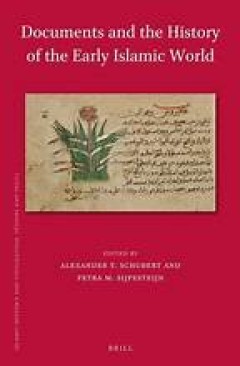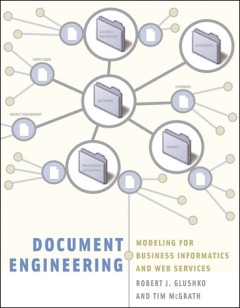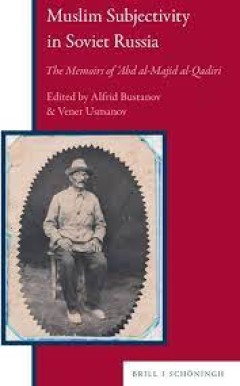Filter by

Documents and the History of the Early Islamic World
Historians have long lamented the lack of contemporary documentary sources for the Islamic middle ages and the inhibiting effect this has had on our understanding of this critically important period. Although the field is richly served by surviving evidence, much of it is hard to locate, difficult to access, and philologically intractable. Presenting a mixture of historical studies and new edit…
- Edition
- -
- ISBN/ISSN
- 978-90-04-28434-0
- Collation
- oer.unej.ac.id
- Series Title
- Islamic History and Civilization, Volume: 111
- Call Number
- -

Composition Analysis of Writing Materials in Cairo Genizah Documents
Through the application of scientific methods of analysis to a corpus of medieval manuscripts found in the Cairo Genizah, this work aims to gain a better understanding of the writing materials used by Jewish communities at that time, shedding new light not only on the production of manuscripts in the Middle Ages, but also on the life of those Jewish communities.See Less
- Edition
- -
- ISBN/ISSN
- 978-90-04-46935-8
- Collation
- oer.unej.ac.id
- Series Title
- Cambridge Genizah Studies, Volume: 91
- Call Number
- -

Composition Analysis of Writing Materials in Cairo Genizah Documents
Through the application of scientific methods of analysis to a corpus of medieval manuscripts found in the Cairo Genizah, this work aims to gain a better understanding of the writing materials used by Jewish communities at that time, shedding new light not only on the production of manuscripts in the Middle Ages, but also on the life of those Jewish communities.See Less
- Edition
- -
- ISBN/ISSN
- 978-90-04-44887-2
- Collation
- -
- Series Title
- Cambridge Genizah Studies, Volume: 91 Études sur le judaïsme médiéval, Volume: 91
- Call Number
- -

Document Engineering: Analyzing and Designing Documents for Business Informat…
Much of the business transacted on the Web today takes place through information exchanges made possible by using documents as interfaces. For example, what seems to be a simple purchase from an online bookstore actually involves at least three different business collaborations -- between the customer and the online catalog to select a book; between the bookstore and a credit card authorization…
- Edition
- -
- ISBN/ISSN
- 9780262273954
- Collation
- -
- Series Title
- -
- Call Number
- -

Muslim Subjectivity in Soviet Russia The Memoirs of ’Abd al-Majid al-Qadiri
The world as seen by a Qur’an specialist in late imperial and early Soviet Russia. Our book tells a dramatic story of ’Abd al-Majid al-Qadiri, a Muslim individual born in the Kazakh lands and brought up in the Sufi environment of the South Urals, who memorized the entire Qur’an at the Mosque of the Prophet. In Russia he travelled widely, performing the Qur'an recitations. The Stalinist te…
- Edition
- -
- ISBN/ISSN
- 9783657793778
- Collation
- -
- Series Title
- -
- Call Number
- -
 Computer Science, Information & General Works
Computer Science, Information & General Works  Philosophy & Psychology
Philosophy & Psychology  Religion
Religion  Social Sciences
Social Sciences  Language
Language  Pure Science
Pure Science  Applied Sciences
Applied Sciences  Art & Recreation
Art & Recreation  Literature
Literature  History & Geography
History & Geography